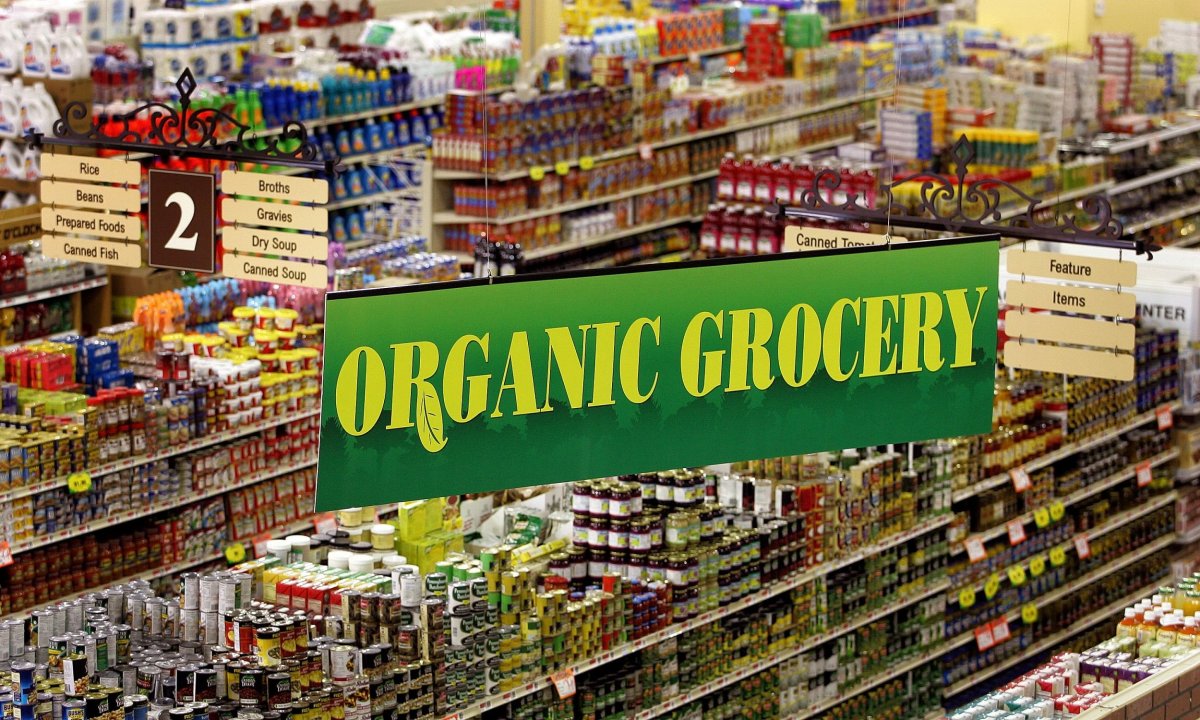This article first appeared on the Cato Institute site.
When the federal government regulates food quality, consumers lose.
Unfortunately, a Washington Post article on a recent increase in class-action lawsuits by consumers against food manufacturers over the use of "natural" labels shows how consumer groups are missing this point.
In suing food companies, plaintiffs are arguing that these manufacturers (of cheese, in one particular case) are misleadingly labeling their food as "natural" while using milk from cows that use a growth hormone and eat animal feed made from genetically modified grain.
Though the plaintiffs and food companies disagree over what should be labeled as "natural," one thing they do agree on is that the U.S. Food & Drug Administration, which has so far stayed silent on the issue, needs to provide guidance on what "natural" actually means.
Manufacturers argue that clear rules would help them avoid legal battles, while consumer groups believe that government regulation would reduce what they view as deceptive marketing.
The "natural" label fight is a repeat of last decade's fight over labeling food "organic." In that case, the federal government did step in, with the U.S. Department of Agriculture creating the "USDA Organic" label and establishing rules on when the label can be used. However, that hardly ended the controversy over the use of the term "organic."

As I discussed in a previous post, traditional organic farmers are now fighting with new hydroponic farmers over the latter's use of the "USDA Organic" label. Hydroponic farming seems consistent with organic farming goals: producing environmentally friendly and healthy foods. However, traditional organic farmers don't want competition from the upstart hydroponics industry because that competition will likely cut into the price premium that organic foods now fetch.
An FDA defined "natural" label would compel the same type of jockeying by producers to hurt rivals.
The "organic" label also illustrates that there is no reason to believe regulations actually provide any assurances about health and environmental benefits. I highlighted in another post that the "USDA Organic" label, far from indicating increased health, safety, and quality, is instead a taxpayer-funded marketing tool with dubious benefit to human health or the environment.
My chapter on health and safety policy in the most recent Cato Handbook for Policymakers explains why manufacturers call for these types of regulations. FDA regulation of "natural" foods would create what's known as a "pooled market"—one in which anonymous producers provide a good without any branding and consumers are reassured about the good's quality by government inspection and regulation.
To appreciate this, think of the supermarket shelf of "normal" bananas that sits next to the shelf of "organic" bananas; can consumers really tell the difference between the two goods that warrants the difference in price? The "USDA Organic" label is supposed to assure consumers of that difference, but there are good reasons to question the value of that government assurance.
A separated market—a market with different levels of price and quality conveyed to consumers through marketing and branding—would provide more choices for consumers.
For example, in the past several years both Whole Foods and Perdue have used concerns about genetically modified foods and antibiotics as opportunities to market the safety and quality of their foods. Consumers who are motivated to pay more for healthy foods incentivize transparency and increased quality from producers.
And while consumer groups are claiming that manufacturers are misleadingly marketing their foods as "natural," pooling the market through FDA regulation would protect the producers without effectively addressing the groups' complaints.
A pooled market allows manufacturers to hide behind the false assurances regulations offer, but in a competitive, separated market other food companies will step in to offer truly "natural" foods and reap the benefits.
As the "USDA Organic" label has demonstrated, FDA intervention into "natural" foods would stifle competition and limit manufacturer transparency. Consumers concerned with the health and safety of the food they buy should instead push for the choices and accountability that markets provide.
Written with research assistant David Kemp.
Uncommon Knowledge
Newsweek is committed to challenging conventional wisdom and finding connections in the search for common ground.
Newsweek is committed to challenging conventional wisdom and finding connections in the search for common ground.
About the writer
To read how Newsweek uses AI as a newsroom tool, Click here.








